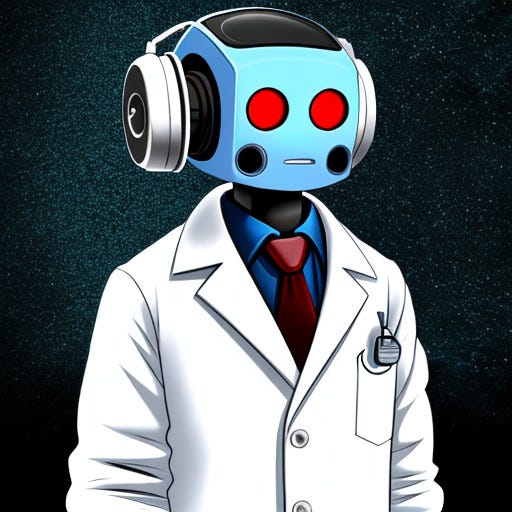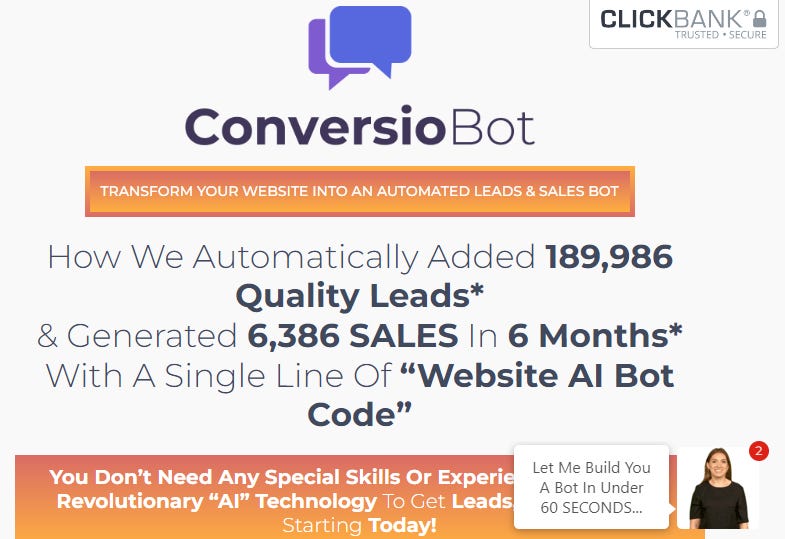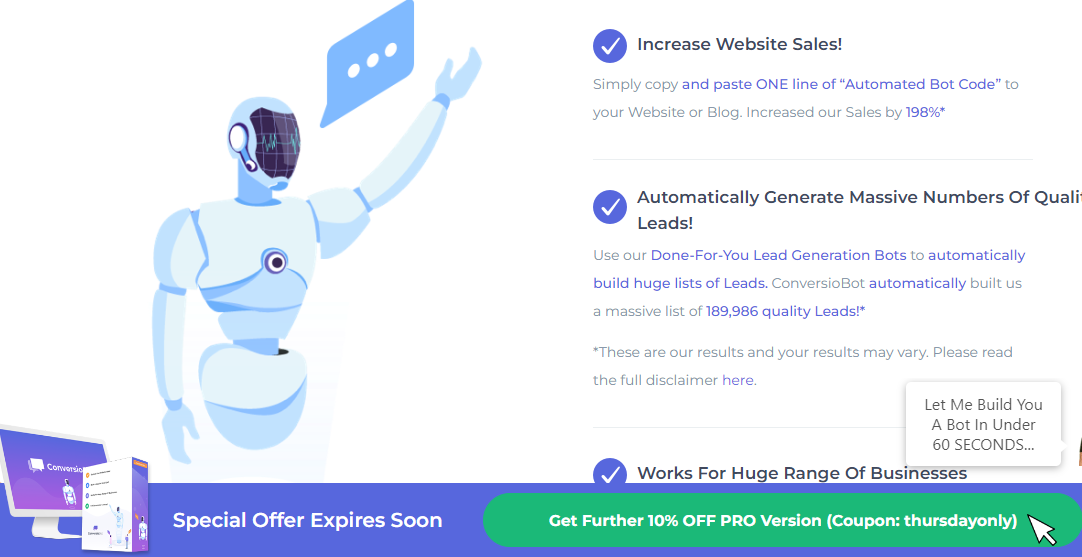The Rise of Dr. Chatbot: Should We Trust AI for Medical Advice?
This AI Doctor is Shockingly Good at Diagnosing Patients - See How Close It Came to Beating Real MDs
Artificial intelligence is advancing at a rapid pace, and chatbots like ChatGPT are demonstrating impressive language skills. This has led many to wonder - could AI soon become a reliable source of medical information and advice? A recent study from researchers at Emory University suggests the technology may be closer to this goal than expected.
The Emory study evaluated ChatGPT's ability to assess hypothetical patient scenarios involving common eye complaints. The chatbot's responses were compared to assessments from ophthalmologists and the symptom checker on WebMD. Surprisingly, ChatGPT matched the performance of ophthalmologists and significantly outperformed WebMD.
According to the researchers, ChatGPT made no grossly inaccurate statements in its assessments. The chatbot was able to triage the urgency of symptoms, provide probable diagnoses, and recommend reasonable next steps. While not perfect, its responses compared favorably to human doctors.
This remarkable accuracy has grabbed the attention of the medical community. With ChatGPT only introduced last November, its rapid mastery of medical reasoning is astounding. The study suggests AI chatbots could soon become a go-to medical resource for many patients.
The Promise and Potential of AI Chatbots
For doctors, AI chatbots offer an exciting new tool to improve healthcare access and efficiency. Chatbots like ChatGPT could provide low-risk medical advice 24/7, reducing the burden on overstressed healthcare systems. Patients need not wait days or weeks for an appointment when they can instantly query a chatbot.
AI chatbots can also help doctors save time on routine tasks like documentation, freeing them up to focus on patients. If chatbots prove capable of handling common complaints, doctors could devote their expertise where it's needed most.
For patients, chatbots offer convenience and empowerment. They can provide instant guidance anywhere a smartphone and internet connection are available. Patients in remote areas or those without healthcare could greatly benefit. Chatbots also allow users to privately research their symptoms, which some may prefer to booking appointments.
Of course, AI chatbots have advantages over flawed human resources like Dr. Google too. While online searches can dredge up misinformation and undue anxiety, chatbots like ChatGPT offer reliable, vetted responses. For patients overwhelmed and confused by what they read online, chatbots may provide clarity.
Cause for Caution
While the Emory study is promising, experts urge caution about integrating AI chatbots into mainstream medicine too quickly. Critics point out that chatbots have limitations compared to doctors.
For one, they lack senses - chatbots cannot physically examine patients or run lab tests. They can only make assessments based on the symptoms described to them. Without an in-person evaluation, chatbots may miss critical clues and nuances.
Chatbots also cannot perfectly replicate years of medical training and hands-on experience. While algorithms can ingest huge volumes of textbook knowledge, doctors rely heavily on patient encounters to hone diagnostic skills. No matter how sophisticated its programming, an AI lacks human intuition.
There are also concerns that chatbots reflect the biases of the limited data they're trained on. If that data underrepresents certain demographics or conditions, chatbots may be prone to exclusion or inaccuracies. Chatbots promoted as inclusive resources must be rigorously audited for fairness.
Until chatbots are rigorously evaluated across diverse populations and conditions, experts feel their diagnostic capabilities are unproven. The technology remains too unrefined to take on sole responsibility for people's medical care.
The Need for Oversight and Regulation
For all their promise, AI chatbots warrant careful governance before being integrated into healthcare. Critics argue their purported benefits are currently based more on potential than evidence. Without regulation, there are risks of runaway commercialization and misuse.
Healthcare chatbots may require an approval framework akin to the FDA process for drugs and medical devices. Requiring proof of safety and efficacy could prevent distribution of faulty chatbots that do more harm than good. Rules around transparency and access to the algorithms powering chatbots may also be needed.
Thorny issues around liability will arise if chatbots provide inaccurate or dangerous advice. Will tech developers bear responsibility or will liability fall on the clinicians who "prescribe" the technology? Healthcare chatbots may create entirely new categories of medical malpractice.
There are also concerns about privacy, informed consent, and conflicts of interest. How will patients' right to privacy be balanced against the desire to collect health data to improve chatbot performance? Could chatbots unduly funnel patients to services that benefit their corporate developers rather than individual health needs?
These risks and challenges must be addressed through a robust governance framework. But rather than shun the technology altogether, experts believe healthcare chatbots should be explored carefully within structured regulatory bounds. Introduced ethically and equitably, they may transform medicine for the better.
A Remarkable Moment for Medicine
The Emory study undoubtedly marks an exciting milestone for artificial intelligence and healthcare. In just months, ChatGPT has achieved diagnostic skills matching medical professionals with years of training. It's a remarkable moment that portends a revolutionary change for medicine.
But this breakthrough is just the beginning. While ChatGPT shows promise, it represents an early prototype of the healthcare chatbots to come. With diligent governance and rigorous clinical testing, the technology could rapidly advance to surpass human expertise in many areas. We must remain open to this immense potential while proceeding with due care and oversight.
If thoughtfully implemented, AI chatbots may enhance resource-strapped healthcare systems and empower patients everywhere. But a measured, evidence-based approach is crucial. We cannot afford missteps when lives hang in the balance. By embracing innovation while prioritizing safety and equity, we can ensure chatbots ethically pave an exciting future for 21st century medicine.








